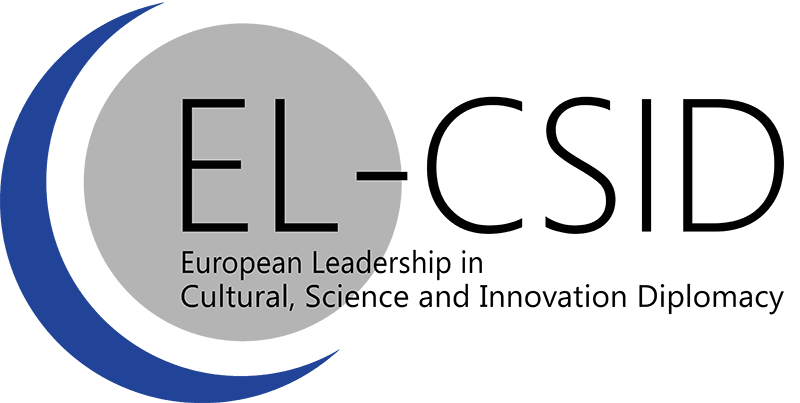WP2 - Science for Diplomacy vs. Diplomacy for Science: The Tension between Innovation Policy and Sovereignty
Work Package 2 focusses on science diplomacy and explores its evolving relationship to innovation policy for states, public bodies, international organisations and transnational networks. It deals with the national, sub-national and global domains of science diplomacy as vehicles for the pursuit of foreign policy objectives (science for diplomacy) as well as for the enhancement of a country’s research capacities, potentials, quality, and impact in increasing global competition, quest for scientific excellence and leadership in the global innovation race (diplomacy for science).
Science and Technology (S&T) constitute an important part of the innovation system of both the individual member states and the EU at large. Innovation policy plays a changing and significant role in how states interact. There have been many modifications to the concept of innovation as society has developed, leading to the inculcation of “innovation-thinking” in institutions and people in all sectors of government and society; many now have “innovation” in their task descriptions. One example is the drive to make innovation central in addressing the global grand societal challenges through national effort coupled with trans-national co-operation, the primary goal being to contribute to better quality of life including the creation of opportunities for economic growth.
Specific activities under this WP are to:
-
To examine the role of science diplomacy in agenda-setting at the level of public policies, exerting influence and effecting competitiveness at national and supra-national levels.
-
To identify leading practitioners and examine their good practices for science diplomacy.
-
To explore the role of diplomacy in strengthening international scientific collaboration beyond just that of Europe and its neighbours.
-
To review how the dynamics of science and innovation are influencing the field of science and, in some ways, cultural diplomacy (goals, scope, instruments).
-
To investigate how Europe is acting and performing in science diplomacy with respect to major and emerging players in science. This includes an assessment of the role and behaviour of the EU as an actor in relation to the activities of its individual Member States.
-
To identify the ways in which our findings in 1-5 should guide the development and selection of opportunities for future EU international relations actions.
The WP2 work is undertaken by WZB and JIIP.

